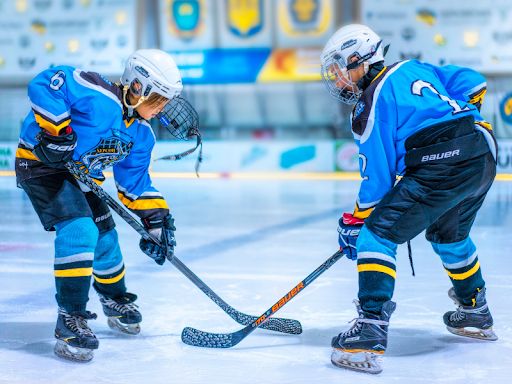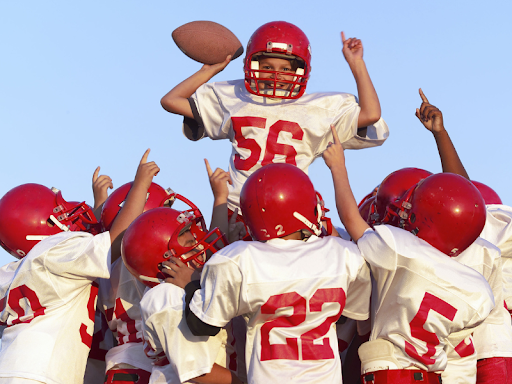Here at PAK Pediatrics, we’re always encouraging children to stay active. The benefits of sports for kids are numerous, especially in the fall. After all, everyone knows how hard it can be to get outside and engage in physical activity during the winter.
One of the benefits of fall sports is that it gives kids a chance to prepare for winter by maintaining their spring and summer activity routines. Along with proper nutrition, this can help safeguard your children against winter illness.
Below, we’ll explore the numerous advantages of fall sports for kids, from improved physical fitness to enhanced social skills and beyond.
Fall Sports are a Gateway to Physical Fitness
As we noted above, one of the biggest benefits of sports for kids is providing children a way to get active and stay fit. Engaging in regular physical activities helps combat sedentary habits, obesity, and related health issues.
Fall sports for kids such as soccer, football, cross country, and field hockey promote cardiovascular endurance, strength, agility, and coordination. By participating in these sports, children develop motor skills, increase bone density, and maintain a healthy weight, all while having fun outdoors.
Skill Development and Confidence Building
Another benefit of sports for kids is that participating can significantly contribute to a child’s overall skill development. Whether it’s mastering a new technique or improving existing abilities, these sports provide an avenue for continuous growth.
By setting goals, practicing regularly, and receiving constructive feedback from coaches and teammates, kids can enhance their skills and boost their self-confidence. The sense of achievement gained through personal progress in fall sports can have a positive impact on a child’s self-esteem and motivation.

Improves Teamwork and Cooperation
Fall sports for kids often involve team-based activities, fostering an environment where children learn the value of teamwork, cooperation, and collaboration. By working together towards a common goal, kids develop essential interpersonal skills that extend beyond the playing field.
In turn, children learn to communicate effectively, solve problems collectively, and respect the diverse abilities and perspectives of their teammates. These valuable life skills can have a lasting impact on their personal and professional relationships in the future.










